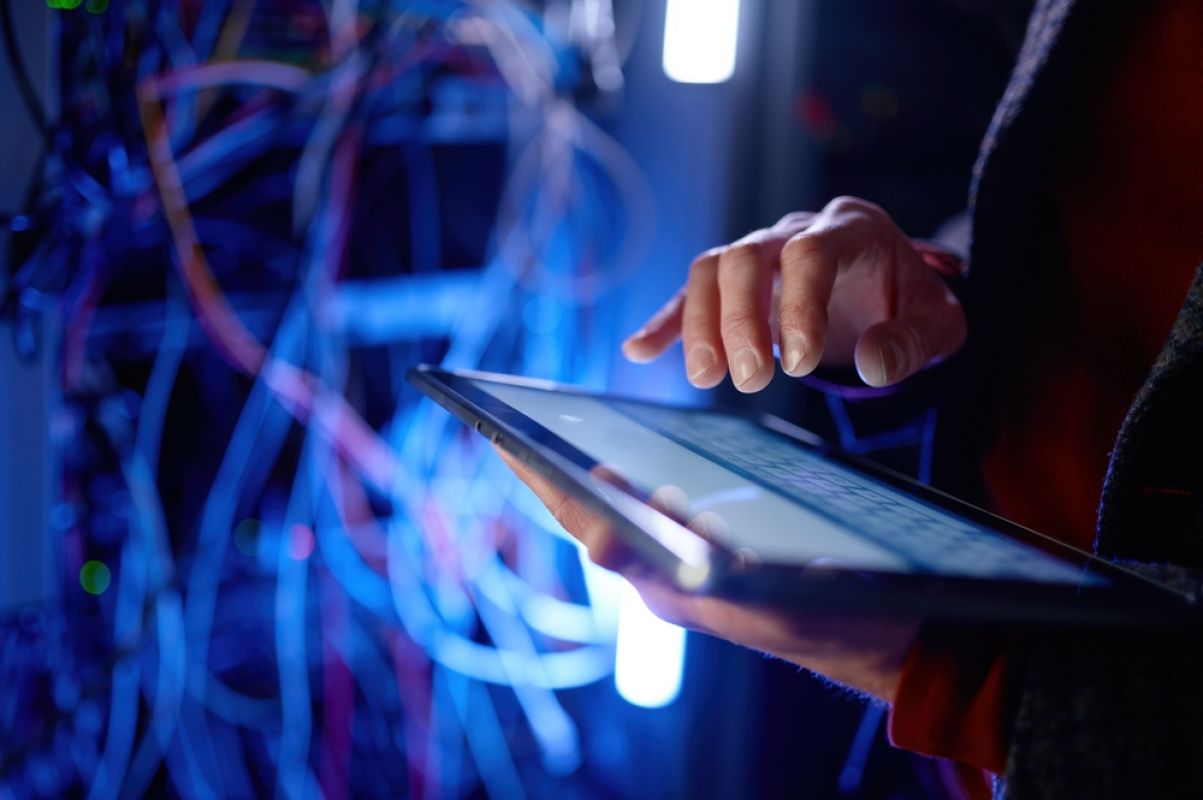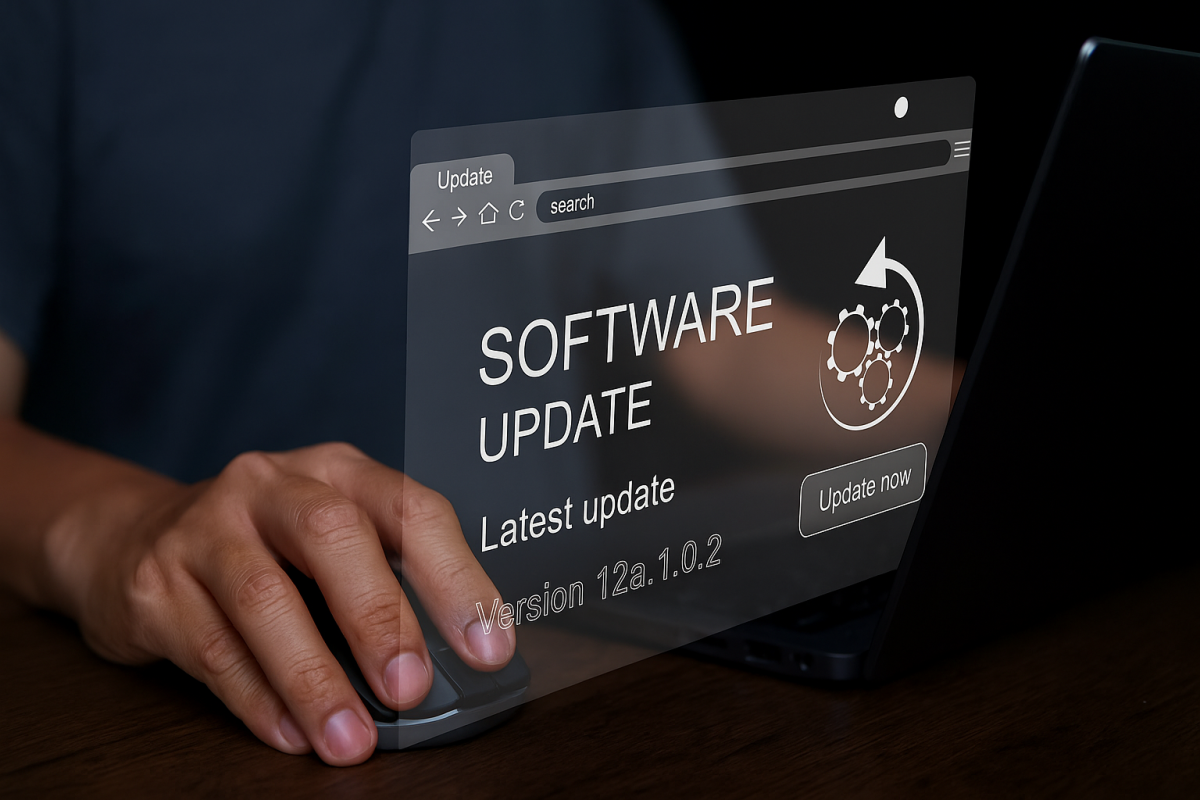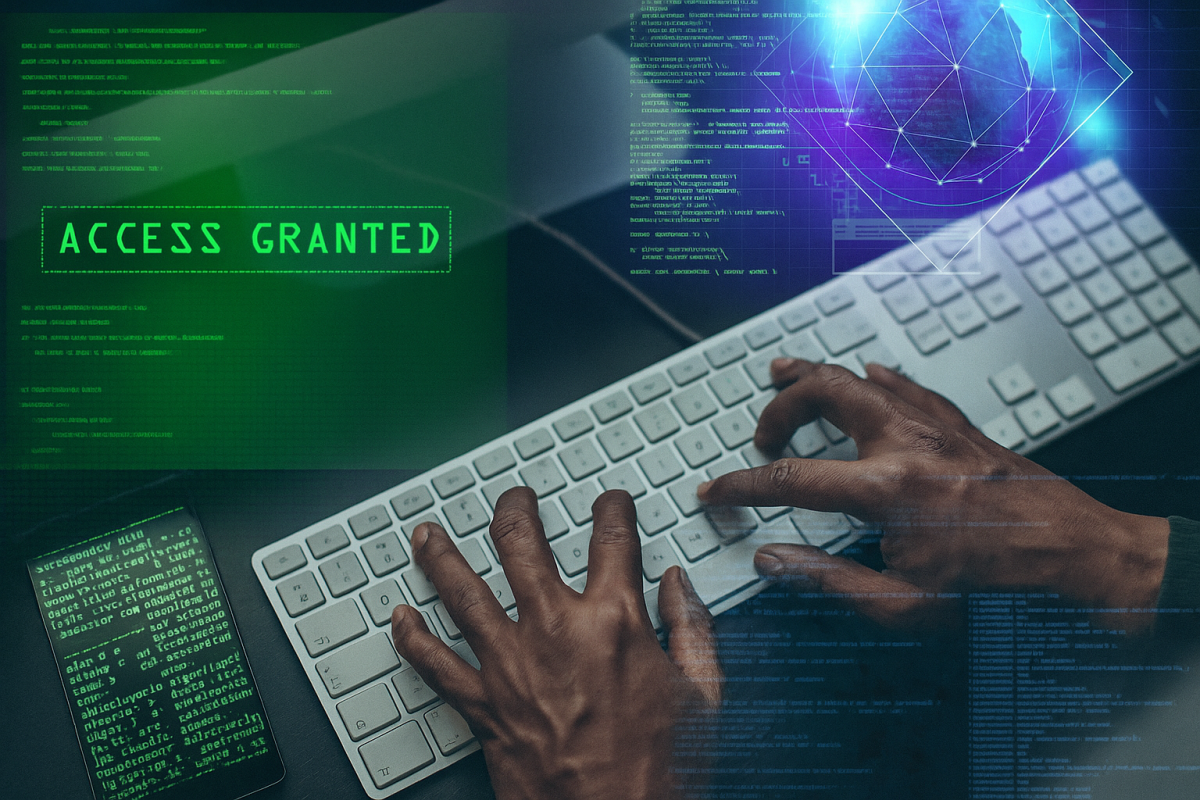

How Multi-Factor Authentication Increases Your Defense Against Cyber Crime
If you’ve found yourself prompted for a second form of authentication when you log into a website or an app, you’ve experienced the wonders of multi-factor authentication (MFA). Adding it to your arsenal of cybersecurity protections can vastly improve your chances of keeping cybercriminals from accessing personal data or taking control of your Chicagoland company’s systems.
What is Multi-Factor Authentication?
Multi-factor security requires more than one form of identity verification from users. According to SearchSecurity, multi-factor authentication typically combines two or more of the following independent authentication factors, per Search Security and Security Boulevard:
- Something the user knows, like a password
- Something the user controls, like a security token
- Something that is part of the user, like fingerprint verification
- Where the user is (location)
- A specified window of time assigned to the user for authentication
Many implementations of multi-factor authentication are limited to two from the above list, which is why you may also see MFA referred to as two-factor authentication (2FA). Using more than one kind of credential to verify identity ensures the authentication process’s security even if one of the factors ends up compromised.
There are two different types of MFA, as noted by the website Security Boulevard:
- Device MFA — Applies MFA at the point where a user logs into a system.
- Application MFA — Applies MFA when a user attempts to access one or multiple applications.
MFA works the same for both device and application MFA. You receive a request to provide two or more forms of identification when you attempt to access a resource. A core identity provider (IdP) verifies the information given by the user. You are provided with entry once it confirms the validity of the credentials.
Per SearchSecurity, you can use the following technology to support MFA:
- Security tokens — Users carry small hardware devices capable of providing authorizing to a company’s network resources.
- Soft tokens — Soft tokens are software-based security tokens that provide users with a one-use PIN for login purposes. Many people use apps stored on their mobile phones for this purpose.
- Biometrics — These devices scan biometric data provided by a user into a digital format that matches various points with already-stored data of the same type to confirm their identity.
What Are the Benefits of Multi-Factor Authentication?
Anyone in IT support who’s ever had responsibility for managing user logins to company data sources understands the headaches that come with that role. Even the most robustly implemented password policy comes with limitations. Even the most complex passwords can become vulnerable if those credentials become compromised.
Enterprise Security Magazine notes that having MFA as a complement to your password policy can benefit your company in the following ways:
- Assist with MFA and Regulatory Compliance — Companies required to comply with HIPAA regulations (patient medical data) or PCI (card payment transactions) can use MFA to ensure system compliance for legal reasons.
- Apply a company-wide zero-trust policy for logins — Every login attempt to company systems or websites is considered untrustworthy. Using MFA to implement zero-trust increases the likelihood of the person attempting to access a resource having the authority to do so.
- Fall in line with NIST Standards — The Level of Assurance Standards (LoA) laid out by the National Institute of Standards (NIST) makes the use of MFA mandatory. These rules apply to the technical requirements for authentication systems required for any government operations or electronic commerce.
LeadingIT offers 24/7, all-inclusive, fast, and friendly technology and cybersecurity support for nonprofits, manufacturers, schools, accounting firms, religious organizations, government, and law offices with 10-200 employees across the Chicagoland area.


